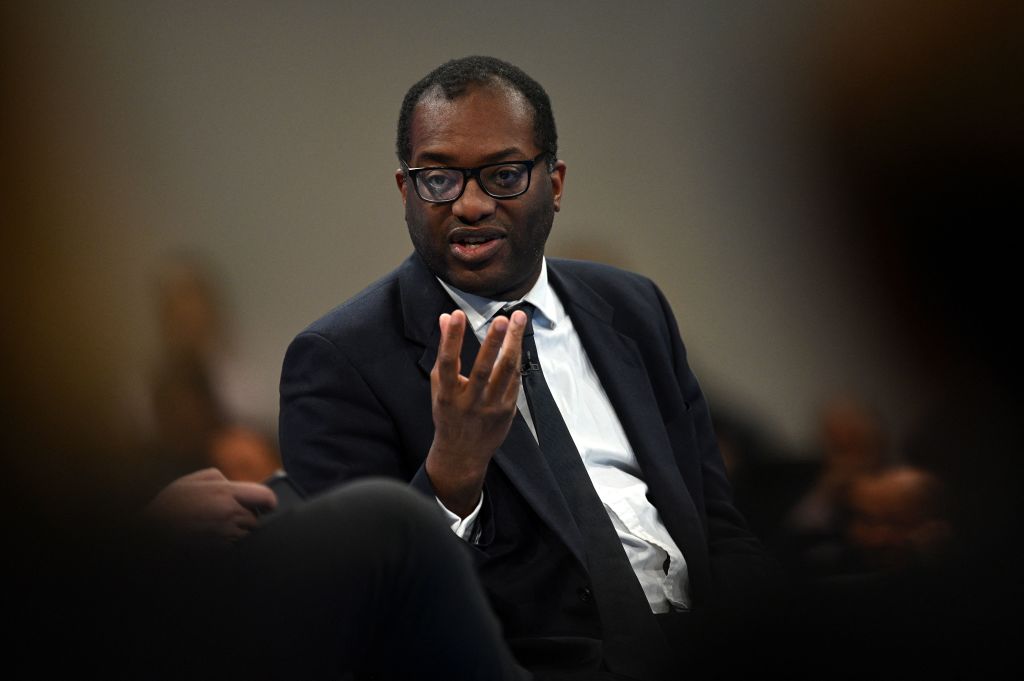New Chancellor Kwasi Kwarteng’s first ‘fiscal event’ was always going to be quite provocative and exciting. But in the end it went quite a lot further than expected. Far from pulling back when faced with the practicalities of being in office, Truss’s new administration did everything it had signalled, controversial or not, then threw in some even more controversial policies just for good measure.
The centrepiece is the huge energy price package. The government estimates that this will cost £60 billion over the first six months. But since the policy involves capping wholesale prices and government subsidies to make up the difference, that £60 billion estimate is entirely subject to the inscrutable vagaries of international energy markets and the progression of the Russo-Ukraine War. If the Ukrainians were to win very rapidly and the Russians offer reparations in the form of cheap gas, energy prices could plummet. If the Russians find some way to counter-attack and continental European plans for energy rationing prove unsuccessful, prices could sky-rocket even from where they are now.
One implication of that is that it made sense to delay the OBR’s assessment of the government’s fiscal plans. More broadly, the government has an explicit plan to raise the UK’s long-term growth rate. It is surely entitled to make its fiscal plans on the basis that its policies succeed rather than that they fail. So when the OBR does assess the situation, towards the end of this year, it should be instructed to include at least one scenario where the underlying growth rate of GDP rises in the way the government intends.
Some financial market players are naturally sceptical about the government potentially hugely increasing spending via the energy price package whilst also cutting taxes, and the performance of the pound and gilts reflect that scepticism to some extent (though some of the pound’s performance is more a strong dollar story than a weak sterling story). They appear to fear that Truss has surrendered to a form of dreamy populism, in which spending is whacked up and taxes cut and everyone just hopes something will turn up to make everything okay.
That concern is perhaps natural after the mis-steps of the Johnson period, but it may well be a mis-reading of Truss. Almost every fiscally significant change that was announced on Friday had already been announced as part of Truss’s leadership campaign. The only ‘surprise’ may have been that she actually did what she said she would. For all the talk of a new beginning, increasing spending and cutting taxes (or not raising them as scheduled) when facing a recession is pretty orthodox macroeconomic policy. Other measures are virtually the opposite of the sort of populism that financial markets fear. Removing the cap on bankers’ bonuses; cutting the top rate of income tax; changing planning rules to allow onshore wind generation – these are highly controversial measures, and in no way ‘populist’.
Furthermore, the government has maintained spending at the 2021 determined ‘envelope’, and is holding no new spending review. Because inflation is much higher than was expected in 2021, that means departmental spending will be lower than planned, in real terms. It remains to be seen whether Truss’s team will resist specific demands for spending rises when they come, but their strategy appears to be to allow inflation to do the initial work of cutting spending.
The measure of all this, along with what the government says will be a whole series of growth-promoting announcements across a range of policy areas and sectors over the next few months, will be whether it actually results in higher growth and higher salaries. If it does so, and does so quickly enough to be felt in time for the next general election, Truss will claim vindication and may well win handsomely. If it does not, then we could see serious fiscal problems down the line.
My guess is that she will get a material growth boost ‘for free’, that would have happened even without her growth-promoting policies, but that some of her policies will be successful as well. The free hits will come from inflation eroding debts that have been an anchor upon the economy ever since the great recession, from the Russo-Ukraine War being over, and from the post-Covid recovery, plus the coming on-stream of a number of new very significant technologies.
So I would guess that the odds are that she will be able to claim vindication, and Friday may well go down in history alongside other famously vindicated ‘fiscal events’ such as the 1977, 1981 or 1986 Budgets. It may be a gamble. And it may not work. But it’s worth a try.






Comments